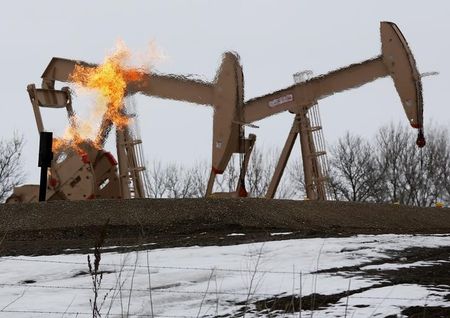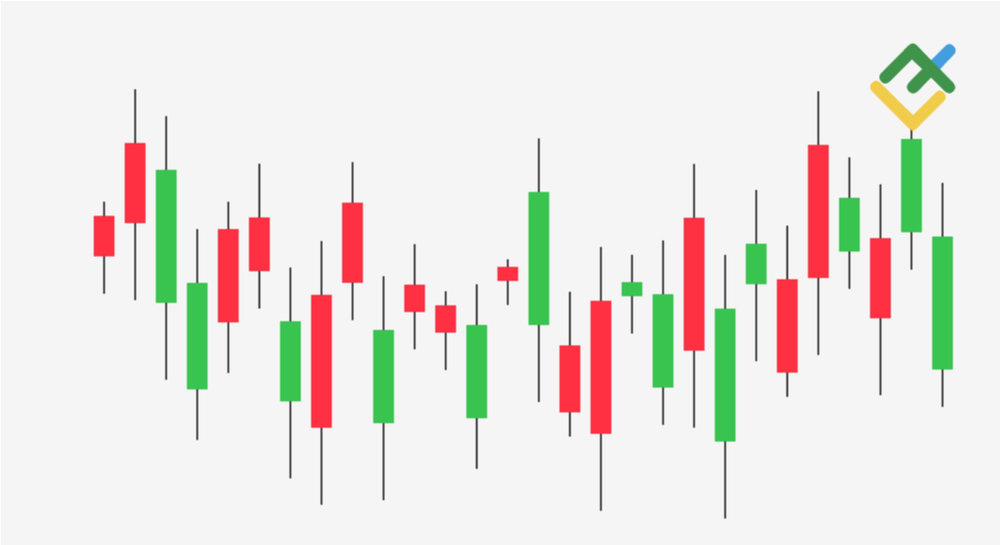
Investing.com– Oil prices fell in Asian trade on Tuesday, reaching their weakest levels since mid-June as expectations of a supply surplus and uncertainty over demand continued to chip away at sentiment.
A surprise interest rate cut by top oil importer China offered little support to markets, as analysts said the cut was too small to improve sentiment towards the Chinese economy.
Brent oil futures expiring in September fell 0.2% to $82.26 a barrel, while West Texas Intermediate crude futures fell 0.2% to $77.20 a barrel by 20:58 ET (00:58 GMT).
Morgan Stanley sees oil market surplus by 2025
Morgan Stanley analysts warned in a note this week that the oil market will likely shift into a surplus by 2025, with prices expected to fall within the mid-to-high $70s range.
While the market was currently experiencing some tightness, Morgan Stanley said the market was set to reach equilibrium by the fourth quarter.
The brokerage said waning seasonal demand and an expected increase in output from across the globe was set to drive this surplus.
Still, Morgan Stanley expects oil prices to end the third quarter at $86 a barrel, representing some near-term upside from current levels.
Demand uncertainty, Gaza ceasefire in focus
Markets remained doubtful over the outlook for crude demand, amid growing signs that global economic growth was cooling amid pressure from high interest rates.
Doubts over top oil importer China remained in play even after the country unexpectedly lowered benchmark interest rates to foster growth. But analysts said the cut was too small to inspire confidence.
The Third Plenum of the Chinese Communist Party also yielded scant cues on planned stimulus measures from Beijing, even as the Chinese economy grew less than expected in the second quarter.
Cooling economic growth bodes poorly for oil demand.
Oil markets were also watching for any new developments in the Israel-Hamas conflict, after Israel signaled that ceasefire talks will resume from this week. But Israeli forces continued to carry out strikes against regions in Gaza.
U.S. politics were also in focus after President Joe Biden said he will not run for reelection, and endorsed Vice President Kamala Harris as the Democratic presidential candidate.
But both Biden and Harris were seen polling behind Republican nominee Donald Trump, who has flagged plans to increase U.S. oil production if he wins the presidency.
This post is originally published on INVESTING.




